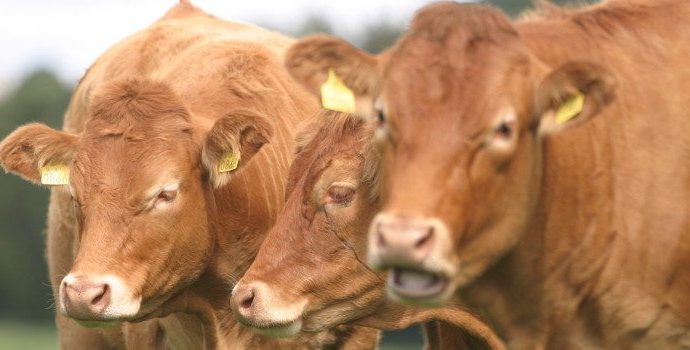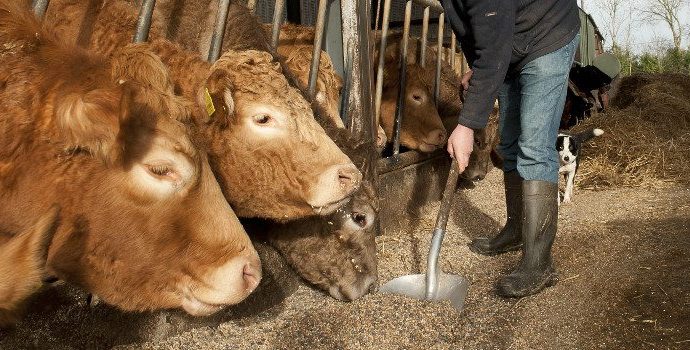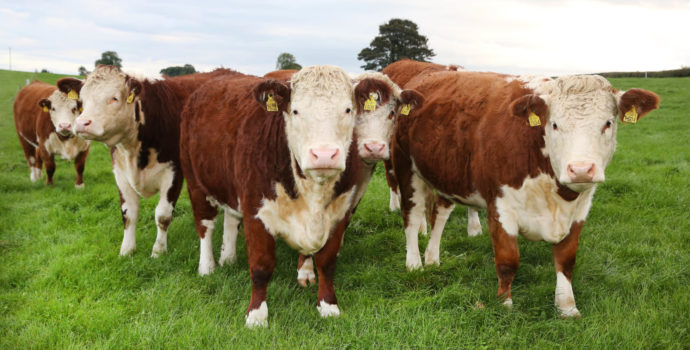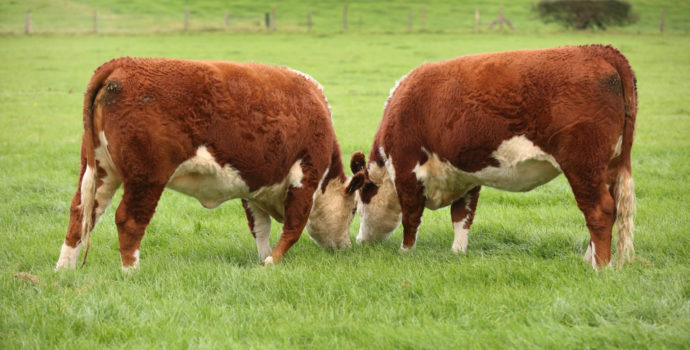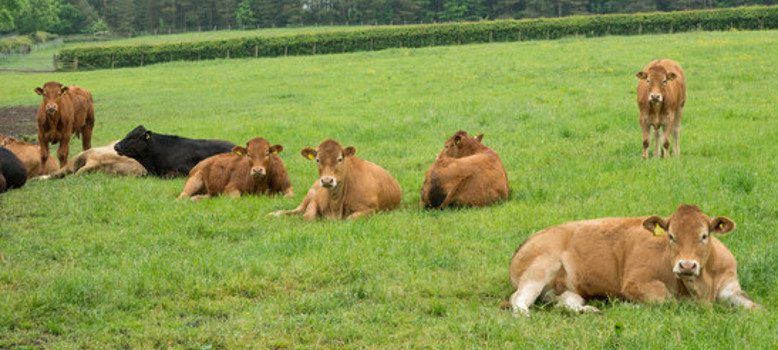
IFA Livestock Chairman Brendan Golden said market conditions for beef remains strong. He said the Export Benchmark Price of €3.77/kg continues to edge upwards, reflecting beef prices in our key export markets.
The IFA Livestock Chairman said the latest published supermarket sales of beef in the UK, to the end of January, show continued growth for beef sales both in terms of volume and price.
The spend on beef in supermarkets for the 12-week period to the 24th January year on year increased by 15.8% and volume increased by 13%, combined with sterling strengthening, creates favourable market conditions for beef.
He said supplies of suitable cattle are tight. When last week’s kill is corrected for finished cattle, the kill was 29,780, which is over 7,000 fewer than the corresponding week in 2020. The corrected kill to-date is almost 19,000 below the same period last year.
Tight supplies of cattle are predicted for the year. Irish throughput is projected to be back by up to 80,000 head for the year and UK finished cattle numbers are expected to reduce by 5% compared to last year.
Brendan Golden said attempts by factories to undermine the trade with lower quotes are unjustified and are meeting very strong resistance from farmers selling cattle.
He said in general prices are continuing at €3.75 to €3.80/kg for bullocks and heifers despite some factories quoting lower prices. He said some farmers are securing prices above these levels as factories compete for the limited supplies of suitable cattle that are available. The cow trade in the main is steady, starting at €2.90/kg for P grades with most moving into €3/kg and higher on flat deals with O grades, quotes for O grades are between €3 and €3.15/kg with R and U grades from €3.30 to €3.50/kg in general with some higher prices. R and U grading Young bulls are making from €3.60 to €3.80/kg.
Demand from factory agents in marts for all types of finished cattle is strong.
“In our meeting with MII last week, we left the meat industry representative body in doubt that the attempts by factories to undermine the market conditions is unjustified and unacceptable. Winter finishers have the highest cost of production sector in beef farming and are experiencing continual input cost increases and beef prices must reflect these facts,” he said.
Brendan Golden also highlighted the double standards of EU trade policies and the impact these are having on the viability of Irish beef farmers. He said we are seeing the standards and production costs on our farms continually increase while trade deals allow our market be undermined by substandard imports.
Beef farmers are also dealing with the fall out of the Brexit vote since 2016, where the devaluation of sterling that took place impacted directly on our prices, a situation that has not recovered and must be taken into account in the Brexit Adjustment Fund, in addition to any obstacles that are encountered in accessing our main market.
He said beef farmers must be first in line for this fund, having experienced the Brexit impact directly since 2016.

